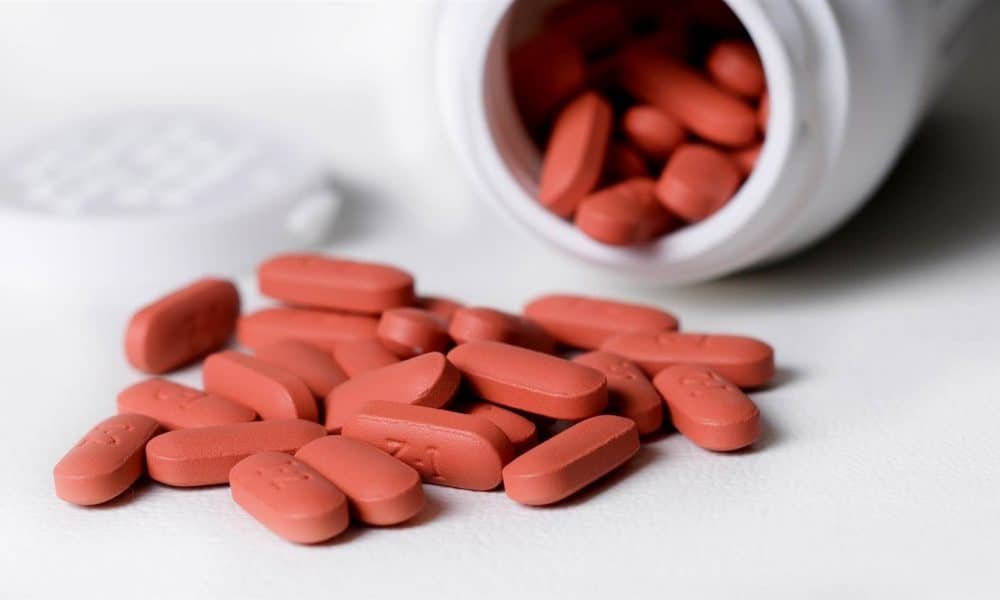
Effects Of Ibuprofen Without Food May Be Risky, Doctors Warn

The first thing that comes to mind after you notice a flu is to grab the nearest drugs and swallow them without thinking of eating something first. This is not a good habit to cultivate, using drugs when your stomach lacks food. Negative effects are enormous. Medical experts say.
One of the side effects of using drugs, especially Ibuprofen, on empty esophagus is stomach pain, according to many complaints by the patients who use the drug. One of the leading health organizations, NHS, recommends eating meals or drinking milk before swallowing Ibuprofen. The capsule must never be consumed without eating something.
Shedding more light on Ibuprofen, a medical professional at Urgent Care Unit, who works with Legacy-GoHealth, Dr. Joshua Russell, explains that Ibuprofen is a member of the nonsteroidal anti-inflammatory drug (NSAID) family and this category of drugs are harmful to the coating in the stomach. Other medications in the NSAID class are naproxen, aspirin and many more.
Going by this explanation, the importance of food in the administration of drugs cannot be ignored. Researchers have suggested that food is a good way to protect the stomach lining from damage or pain caused by Ibuprofen, but this allusion is unscientific because of insufficient proofs. Nonetheless, Dr. Joshua suggested that patients who frequently battle with stomach soreness after using any NSAIDs, Ibuprofen inclusive, should change their medication pattern to eating enough food before swallowing the drugs in order to get relief.
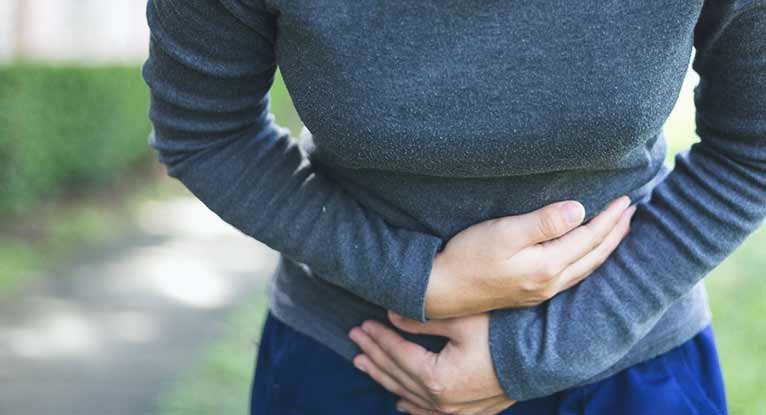
Ibuprofen does not usually have many negative impacts on healthy people who use it either on the empty or full stomach when the dosage measurement is below 1,600mg, even if it’s used for a few days. This applies to people who take the drug to cure headaches. However, it’s very dangerous to keep Ibuprofen as your permanent flu reliever because of its risk-related elements. Health experts confirm that this habit can lead to an ulcer, bleeding of intestines and breakdown of the kidney. Dr. Joshua suggested using Acetaminophen instead of Ibuprofen because the former is more risk-free, as long as the user follows the prescribed instructions on the bottle. Acetaminophen is better in the situations where the patient is required to use drugs for pain relief on a long-term basis or experiences constant stomach discomfort.
He added that people should desist from making medical decisions without proper consultation with a qualified physician or pharmacist. Anytime there is a manifestation of infection in your body or pains, avoid using medications on your own because when appropriate investigations are not done on you, your pain may lead to more severe diseases than you can imagine.

Over-the-counter (OTC) drugs have their own positive side, and their advantages are more than the effects on users. Dr. Tawseef Dar is an intern who lives in New York. He noted that the subject on the ground concerning Ibuprofen is a good one for deliberation. He said that a large part of the belief which says people should not use it without eating is fictitious because even though it can cause ulcers, heart failure, stroke or intestinal bleeding, it doesn’t necessarily have to be blamed since these symptoms are the product of systemic reactions.
Ibuprofen naturally will blend into the bloodstream of its user, so the issue of whether it’s good on an empty stomach or otherwise is not a strong argument. Dr. Dar argued that in some instances when NSAIDs are injected into the body, the side effects will almost remain the same, especially if the drugs are oftentimes taken. He advised people who have previous cases of heart problems, surgical incisions, and gastrointestinal hemorrhage not to use NSAIDs.
Regardless of all these opinions, patients should not take chances. They should take bites of something prior to their doses. A cardiologist who works with Nano Associates, Dr. Splaver Adam, said that Ibuprofen is detrimental to the stomach lining and same goes for other NSAIDs, NSAIDs make the strength of the inner coatings to go weak, disabling it from defending itself against coarse acidic by-products generated to balance the digestive functionality.
When you realize that your sickness still lingers after 48 hours, then don’t hesitate to fix an appointment with your doctor, Dr. Adam warned that a prolonged infection might be a pointer to an underlying severe disorder.
More in Medical Conditions
-
Worried About Diabetes? Here Are Some Common Myths
There are several myths about diabetes that are frequently reported as facts. Diabetes misrepresentations can sometimes be harmful, leading to an...
June 29, 2023 -
Many Patients Pay Their Medical Costs Out Of Their Pockets – Even With Insurance
With rising inflation, it has become difficult for people to even fulfill their basic necessities. They are more concerned about how...
June 6, 2023 -
What Is The Right Weight For Kids And How To Gain Weight Healthily
Keeping your child happy and healthy is the primary concern of every parent. Parents usually focus on providing their young ones...
May 12, 2023 -
Thyroid Disorders in Children: What Parents Need to Know
Thyroid disorders are not limited to adults; they can also affect children. The thyroid gland produces hormones that play a crucial...
April 29, 2023 -
Should Doctors Attend To Patients With ‘Do Not Resuscitate Tattoos’?
Doctors at the University of Miami hospital were confronted with a dilemma when a 70-year-old unconscious man with a tattoo “do...
April 3, 2023 -
Your Antidepressant May Not Work If You Keep Doing This One Thing
People use social comparison to measure their self-worth. Social comparison has been in existence since time immemorial, and it is as...
April 1, 2023 -
Pro Tips on Preventing Hair Breakage While Keeping Your Hair Moisturized at Home
Every one of us is thinking a lot about how to forestall hair breakage and keep them moisturized at home. Since...
March 22, 2023 -
Planning to Travel After Retirement? This is the Best Medicare Coverage for You
Does Medicare insurance go with you once you are out of the country? It’s currently open enrollment period, and while planning...
March 14, 2023 -
Lumeris, A Medical Insurance Provider, Expands Into 5 New States & 44 Counties
Lumeris is one of the leading insurance providers in the United States. For years, the Saint Louis, Missouri-based firm has been...
November 8, 2022

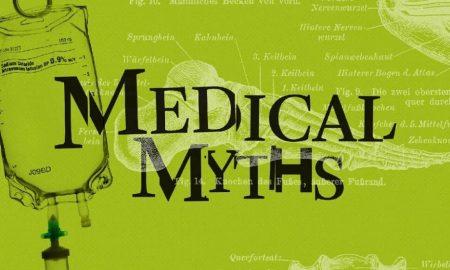

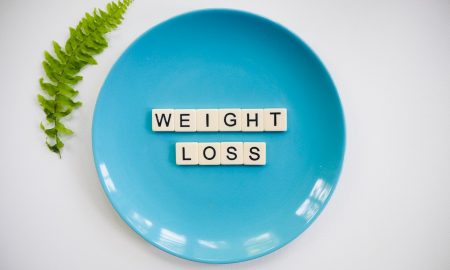





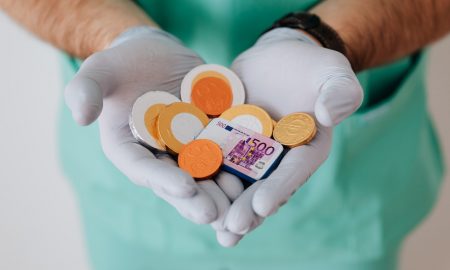





You must be logged in to post a comment Login